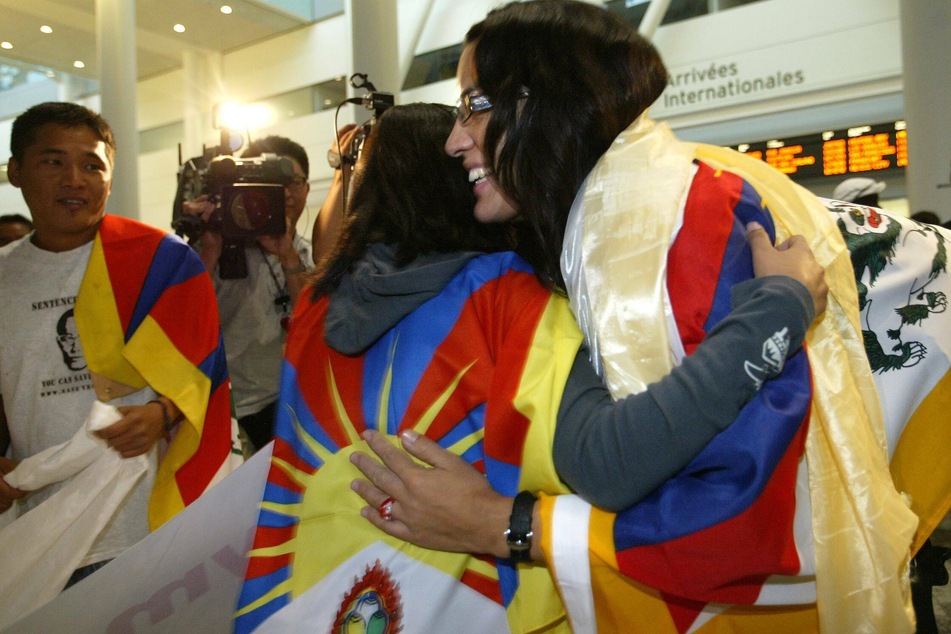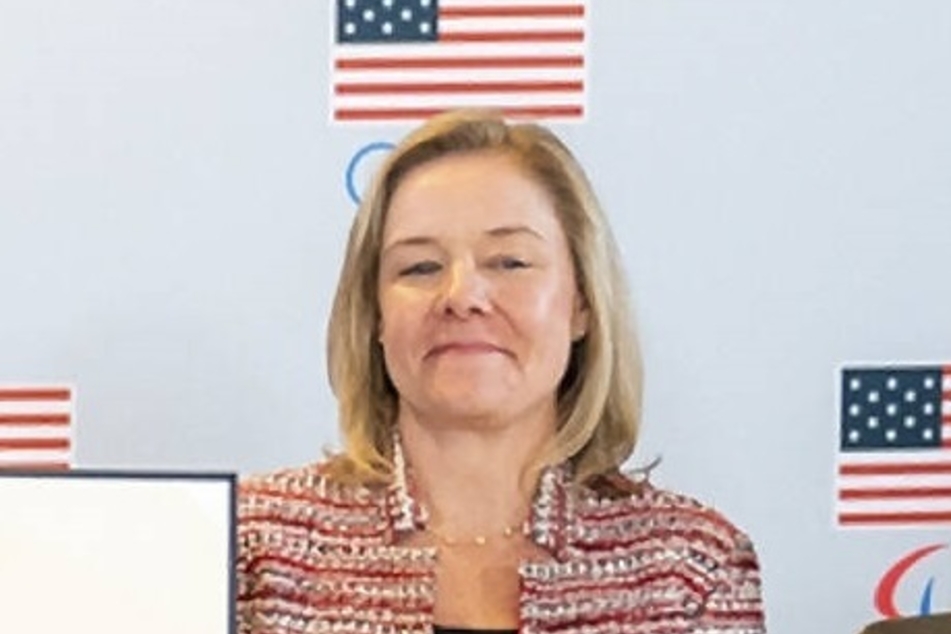Calls for boycott in the air as Congress meets to discuss China and Beijing Winter Olympics
Beijing, China - International human rights advocates are calling for some of the largest participating nations to sit out of the 2022 Winter Olympic Games in Beijing, a move that they hope will lead to some serious change in the not too distant future.

A joint statement was issued on Monday by several human rights groups based in Asia, pushing for full boycotts of the upcoming Winter Olympic Games in Beijing.
A coalition of prominent leaders has come together to form a website called boycottbeijing2022.net in response to ongoing human rights abuses in China. It was here where the statement was released to the rest of the world.
The treatment of Tibetans, Uyghurs, residents of Hong Kong, and political dissidents have been described as crimes against humanity, but the IOC is not holding China accountable. "We are not a super-world government," IOC president Thomas Bach said, while also claiming that the governing body is traditionally neutral on global political issues.
Lhadon Tethong (45) of the Tibet Action Institute is a part of the human rights coalition. In a recent interview with the Associated Press, she had strong words for the organization's approach: "The time for talking with the IOC is over."
This is Tethong's second attempt to stop China hosting a major sporting event, after the 2008 Summer Games also held in Beijing. At the time, she was removed from the country altogether due to her work in defense of Tibetans prior to the start of those games.
As the Winter Olympics approach, she sees a new door opening for the change that many believe is long overdue.
Where does the United States stand on this issue?

But it doesn't look like those changes will be led by the US. Just last week, the United States Olympic and Paralympic Committee (USOPC) took an anti-boycott stance .
In a letter to Congress, CEO Sarah Hirshland made the committee's position clear: "An athlete boycott of the Olympic and Paralympic Games is not the solution to geopolitical issues." Hirshland stressed the idea of competing to bring awareness to the human rights conditions in China.
The US State Department has taken up a similar position.
Mikaela Shiffrin, the two-time Olympic gold medalist in skiing, spelled out the dilemma for athletes in a CNN interview: "You certainly don't want to be put in the position of having to choose between human rights like morality versus being able to do your job." She'll be one of many looking to participate in Beijing next February.
On Tuesday, a joint hearing will take place in the US Congress focusing on the Olympics and China's human rights record.
Cover photo: IMAGO / VCG
